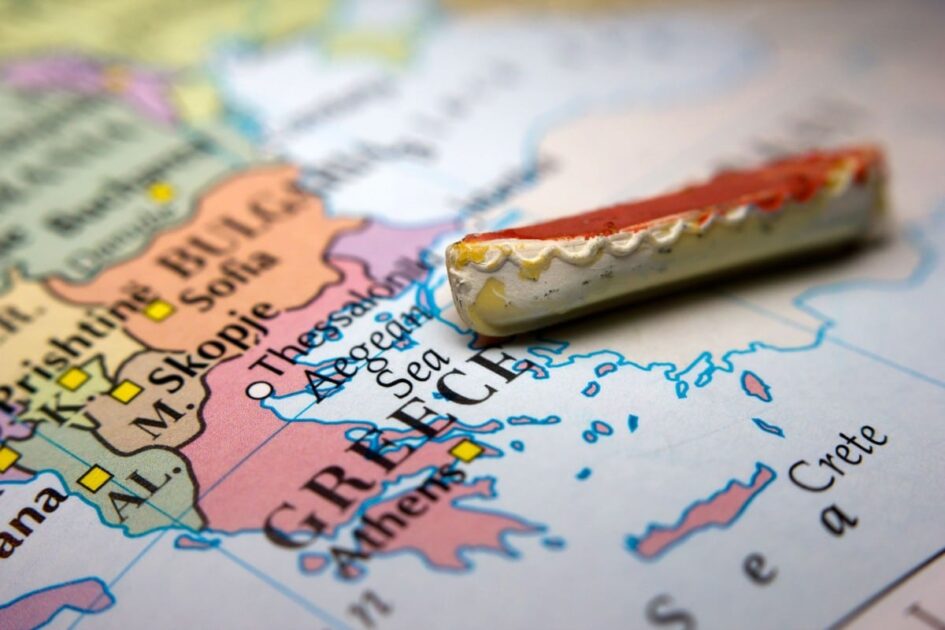The Refugee Crisis and Parliament’s Response
Find out more about what politicians in Europe are doing to address the crisis

As we all know, the ever-growing refugee problem is something that is still very much, a grey area for all of those trying to find a solution, which will benefit the majority.
I have been lucky enough to have already visited the EU Parliament in Strasbourg myself, approximately 2 months ago, with a group of 23 other students from my school, St.Columb’s College, to take part in a Euroscola Day, where 600 students across the 28 different EU member states, came together to discuss the future of Europe. During the discussion, I was lucky enough to be able to ask my question to a Parliament representative. The question was:
How are the EU ensuring that the wellbeing of refugees are taken into account? Therefore, perfect for this article.
Syria’s civil war is the worst humanitarian crisis of our time. Half the country’s pre-war population-more than 11 million people- have been killed or forced to flee their homes. The majority have gone to Turkey and Greece, yet more and more are entering into EU countries. But one fact is simple: millions more of Syrians need our help. According to the U.N., it will take £5 billion to meet the urgent needs of the most vulnerable Syrians in 2016.
Prime Minister David Cameron has said that the UK will accept up to 20,000 refugees from Syria, over the next five years. Yet, in comparison to Germany, this number is relatively small. In December 2015, Germany already had an estimated 484,000 refugees who had arrived there since the Syrian conflict broke out in 2011, while Macedonia had approximately 400,000 and Serbia 315,000, respectively. In contrast, France only had 10,500 and the UK had 8,750. The most shocking thing is the fact that these so-called ‘World powerhouses’, ranked 5th and 6th respectively in the charts, with Germany 4th, are taking in less refugees, (with all respect to Serbia and Macedonia) than less powerful European countries. The EU Parliament should be implementing that the larger countries take more responsibility, in order to ensure that the smaller countries do not become overwhelmed, thus putting extra pressure on their limited resources, and ultimately, leading to the collapse of their economies.
There has been a real influx of asylum-seekers coming to the EU since 2008, with record highs being recorded in the past few months. One of the biggest problems is the fact that many smugglers are allowing these refugees to enter into the EU illegally, in order to make money. Therefore, the EU and its Member States are struggling to find durable solutions. Indeed the EU policy on asylum and irregular immigration has moved a long way from originally autonomous national policies. The European Commission has already brought enforcement action against 23 member states over their failure to respect the standards of the EU common asylum system, including Hungary, which responded to large numbers of arrivals by erecting fences and detaining and criminalizing asylum seekers crossing its border without permission.
On Wednesday 16th March, the EU Parliament declared that they came up with a plan to “fix” the refugee crisis, just in time for a crucial EU summit on migration on Thursday 17th and Friday 18th March. A Parliament official said that the report was produced in order to present the assembly’s position on the migration crisis, before that meeting of EU leaders on the Thursday and Friday in Brussels, where a proposed deal with Turkey was proposed, to stem the flow of refugees into the EU. The deal would require Turkey to take back migrants who reach the EU illegally in return for a €6 billion payment, as well as a commitment to lift visa restrictions on Turks travelling to Europe and accelerate talks on Turkey’s EU accession. Though migration issues have mainly been in the hands of EU governments, the European Parliament will play a role on future legislative changes, affecting for example the EU’s asylum policy. The deal has been in force since 20th March, despite scepticism from international humanitarian organisations and the UN itself. Only time will tell if it will be beneficial to the people of the EU.
Reflecting on events until this point, I believe that things will unfortunately get worse before they get better- On a side note, my condolences go out to those involved in the recent tragedy in Belgium, and my thoughts and prayers are with them, their families and friends at this incredibly difficult time- However, I do believe that eventually, the “refugee crisis” will no longer be branded by that name, rather, the refugees will just be accepted into society, and this whole series of terrible treatment towards the refugees will be forgotten about.






